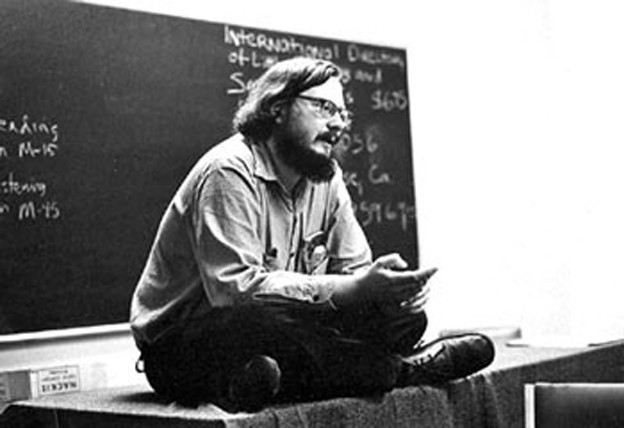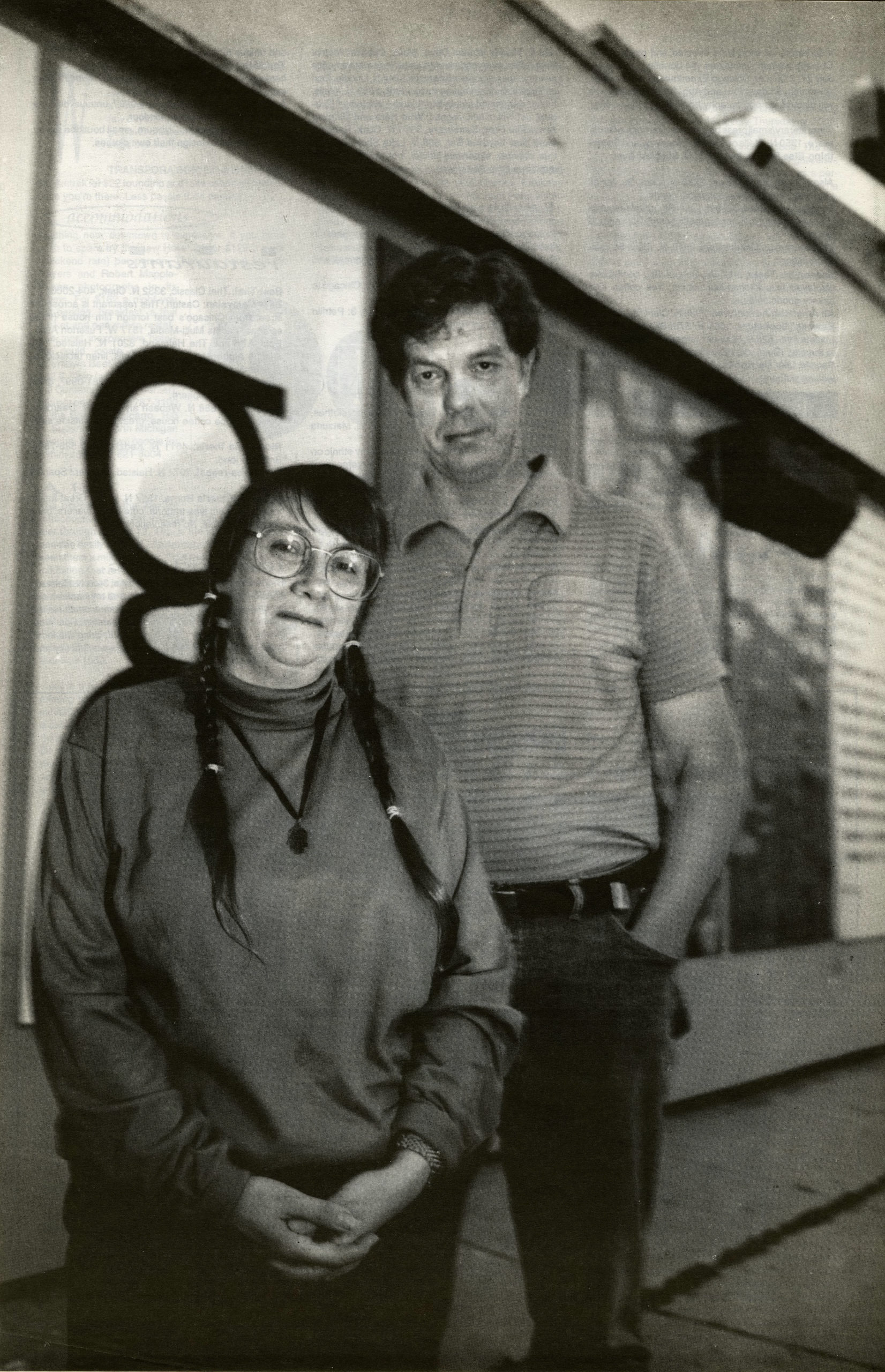Our Origin Story
Founded by poets and artists in 1979 and opening its doors in 1980, Woodland Pattern grew out of cultural happenings in the 1970s at Milwaukee’s Water Street Arts Center, an unconventional space which housed two experimental theater troupes—Friends Mime Theater (which evolved into Milwaukee Public Theater) and Theater X—as well as Boox Books and Terminal Arts, a bookshop/gallery/imprint endeavor led by Karl Young, Pat Wagner, Tom Montag, and Marc Haupert, who were engaged in various publishing projects and had hitherto practiced ad hoc bookselling at early 70s political events.
Loosely run and staffed by volunteers, Boox Books began as a single rack of about 100 small-press titles sold on consignment that would pop-up after plays. Over time, Young and company expanded their inventory, began hosting poetry readings, and opened an art gallery (Terminal Arts) that was connected to the shop via a reading room. In 1976, upon Wagner’s departure, Boox Books hired their first paid employee: theater set designer and poet Karl Gartung, who eagerly helped curate the reading series but was also interested in expanding live events to include music and performance art. To Gartung's delight, multi-media artist and musician Thomas Gaudynski later joined in on the effort, first bringing in films for his experimental cinema group Individuals for Independent Film Screenings (IFIFS), and then expanding his curatorial efforts to include musicians and performance artists as well.
In 1979, the Water Street building was sold and Boox Books / Terminal Arts (along with Theater X) was forced to move out. That same year, Anne Kingsbury, Gartung’s spouse, lost her job teaching art at UW–Milwaukee to a “tenure casualty.” Taking a gamble, she took savings from her retirement to help purchase a building and joined Young and Gartung as a co-founder of Woodland Pattern—taking the name from a line from Paul Metcalf’s Apalache (“South of Lake Superior, a culture center, the Woodland Pattern”)—and relocated the organization to Locust Street, where it has remained for forty-five years.
In the early-to-mid 1980s, Young, Gaudynski, and Gartung were driving forces behind the center’s literary and interdisciplinary programming, along with artist and filmmaker Diana Barrie, while Kingsbury served as Woodland Pattern’s Executive Director, a role in which she excelled for the next thirty-eight years while maintaining her own visual art practice. In the decades to come, Gartung and Kingsbury’s division of labor would be key to the center’s survival. In addition to organizing events, Gartung took on a full-time job as a truck driver to cover the couple's health insurance costs and to guarantee that Woodland Pattern would be funded in lean times.

Independent publisher and Woodland Pattern co-founder Karl Young

Co-founders artist Anne Kingsbury and poet Karl Gartung in 1989
No single esthetic. No single strand of poetry or art to be examined minutely and conformed to. No room at all for Kings of small ponds. THESE GREAT LAKES. Whole, living, not wholly comprehensible.
—Karl Gartung
Against Isolation
Influenced by Fluxus, the Book Art movement, new improvisational music, and a number of poetic schools of the era, Woodland Pattern’s founders and the community of poets, musicians, and artists that soon emerged there created a vibrant scene that valued DIY practices, interdisciplinary experimentation, and collaboration—values that have remained consistent with Woodland Pattern’s identity. More than four decades years later, we remain a cultural center where poetry, performance art, sound works, film, and visual art coexist on a daily basis—and what literally began as a pop-up book rack is now an internationally recognized collection of more than 25,000 small-press titles and the largest assemblage of contemporary poetry available for purchase in the United States.
We acknowledge that in Milwaukee we live and work on traditional Potawatomi, Ho-Chunk, and Menominee homelands along the southwest shores of Michigami, part of North America’s largest system of freshwater lakes, where the Milwaukee, Menominee, and Kinnickinnic rivers meet and the people of Wisconsin’s sovereign Anishinaabe, Ho-Chunk, Menominee, Oneida, and Mohican nations remain present.
We further acknowledge the grave evil colonialism introduced to these lands through genocide as well as slavery, and also via racist and xenophobic beliefs, laws, and practices that continue to inflict harm upon Black, brown, and Indigenous lives. We honor those who have lived—and do live, now—at these intersections of identity and experience, and are committed to the active dismantling of white supremacy.
720 E. Locust Street
Milwaukee, WI 53212
Phone: 414 263 5001
Hours: Tues–Sun | 12-7 pm
Closed Mon
Building Accessibility: Despite the age of our physical location, and attendant limitations to access, Woodland Pattern is committed to making its programs and facilities available for as many as possible. Please call for more information.
Events Accessibility: Woodland Pattern is able to offer captioning services for its online events and with advanced notice can provide ASL interpretation for live events. Please contact us with accommodation requests and questions.
© Woodland Pattern 2025
